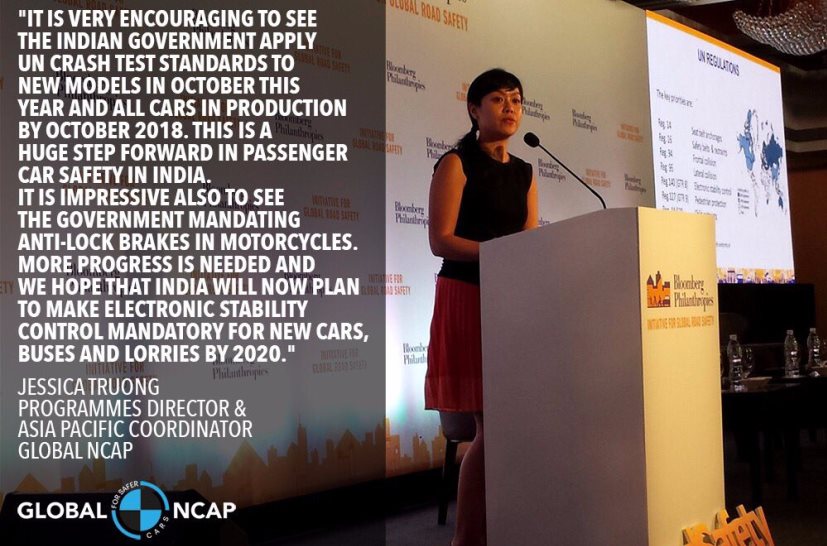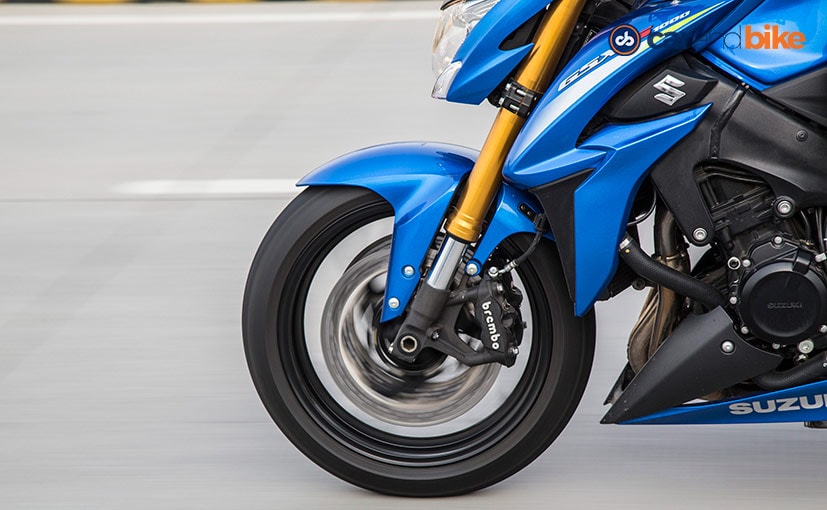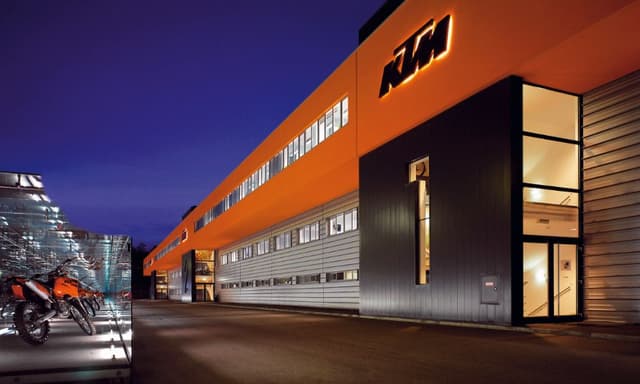Global NCAP Appreciates India's Efforts Over Improved Automobile Safety

Highlights
- India still accounts for over 1.50 lakh fatalities in road accidents
- India makes up about 10% of road crash fatalities worldwide
- India's new car assessment programme be mandated from October 2018
Road safety in India has been much debated affair and thankfully, the last couple of years have seen some major development in this regard. Right from the awareness towards vehicle safety to the sheer need of safer cars for India, it's been a long journey that will finally come to realisation once the Bharat New Vehicle Safety Assessment Program (BNVSAP) kick starts in October next year. Iterating the need for safer roads was the second edition of the India Vision Zero, road safety conference held in Mumbai on 5-6th June 2017. Organised by World Research Institue (WRI) Cross Center and Maharashtra Motor Vehicle Department, the event had Global NCAP representatives that congratulated India on this development.

While the progress is impressive, there's still a long way for India to reach global standards
Speaking at the India Vision Zero 2017 conference, Jessica Truong, Programmes Director and Asia Pacific Coordinator - Global NCAP said, "It is very encouraging to see the Indian government apply UN crash test standards to new models in October this year and all cars in production by October 2018. This is a huge step forward in passenger car safety in India. It is impressive also to see the government mandating Anti-Lock Brakes (ABS) in motorcycles."
As per the proposed new car assessment programme, all cars will have to be equipped with safety features like airbags, ABS and seatbelt reminders. The new cars sold in India will have to go through mandatory crash testing and will have to comply with voluntary star ratings based on the crash test results. The cars will have to go through front, side and rear impact tests, as per the BNVSAP.

ABS will be mandated on two wheelers above 125 cc starting April 2018
With respect to two wheelers, the Indian government has previously announced mandating ABS on motorcycles and scooters above 125 cc. The move is seen as a major welcome for road safety as well, especially in a country like India where two wheelers make for most of the volumes. In the 2016-17 fiscal, 17.58 lakh bikes were sold in the country, as opposed to 30.46 lakh passenger vehicles.
However, there is still scope for improvement and Truong emphasized on the same as well. Speaking about better safety, Truong said, "More progress is needed and we hope that India will now plan to make Electronic Stability Control (ESC) mandatory for new cars, buses and lorries by 2020."
The India Vision Zero 2017 conference comes together to deliberate on challenges, opportunities and solutions towards reducing road traffic fatalities in India.
Last Updated on June 10, 2017
Related Articles
Latest News
- Home
- News
- Auto Industry
- Global NCAP Appreciates India's Efforts Over Improved Automobile Safety














